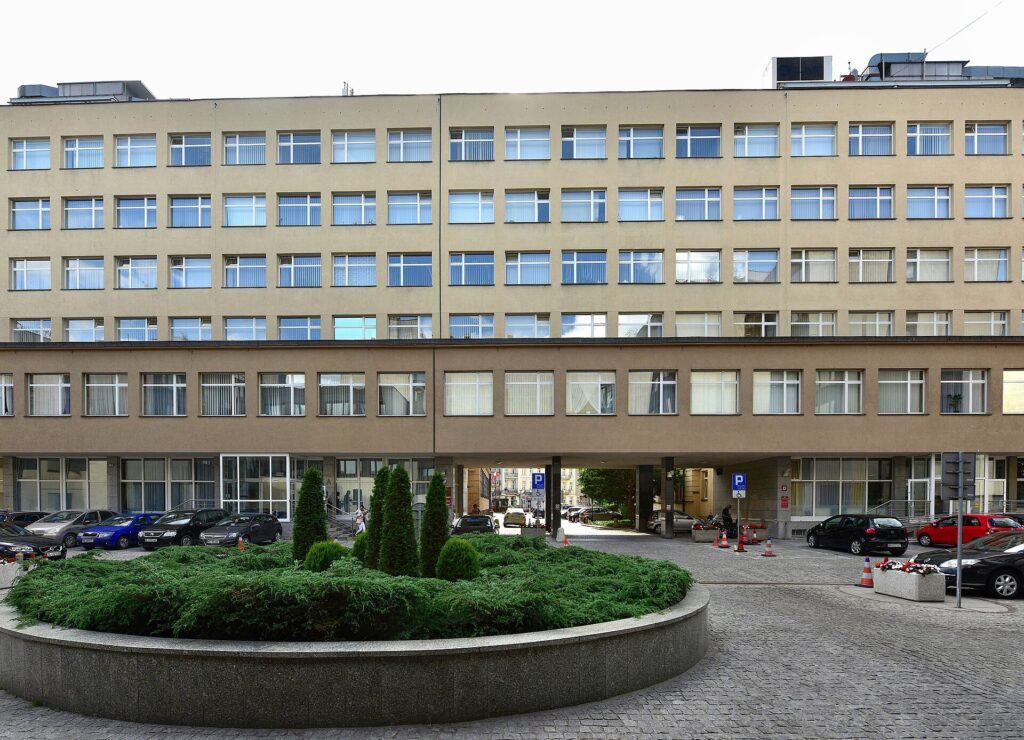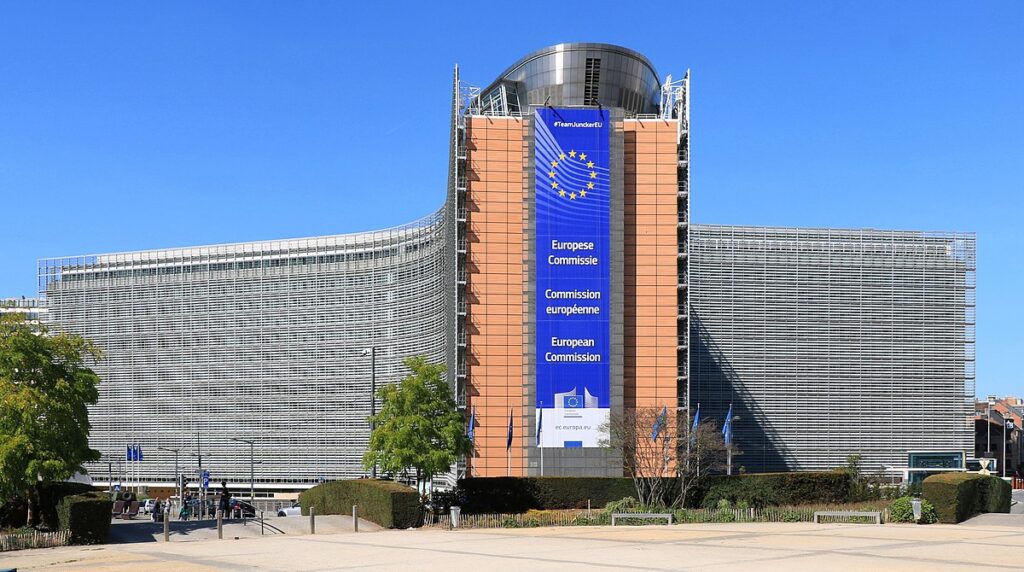On August 29, 2024, the National Electoral Commission adopted a resolution rejecting the Law and Justice Electoral Committee’s financial report for the elections to the Sejm and Senate of the Republic of Poland of 2023. On December 11 of the same year, the Supreme Court, taking into account the electoral committee’s appeal against this resolution, annulled it. Consequently, on December 30 the Commission issued a new resolution in which it decided to accept Law and Justice’s report.
The Minister of Finance nevertheless refused to implement this resolution and pay Law and Justice the funds it is due, instead sending a letter to the National Electoral Commission on January 8, 2025 in which he requested an explanation of the resolution and suggested that he did not recognize the Supreme Court’s decision.
On January 9, 2025, the Chairman of the National Electoral Commission responded to the Finance Minister, requesting an immediate indication of the legal basis for the latter’s motion. He also stated that the resolution was clear and did not require clarification, reminding the Minister that he is neither a political party nor a participant in the proceedings regarding the acceptance or rejection of the Electoral Committee’s financial report.
On February 3, 2025, the Chairman sent yet another letter to the Minister of Finance in order to request information regarding the implementation of the Commission’s resolution by his ministry, and calling on the minister to fulfill his statutory obligations.
The minister’s actions became the subject of an application to the Prosecutor’s Office that was submitted by Law and Justice’s legal representative. According to media reports, however, on March 6, 2025 Prosecutor Alicja Szelągowska from the District Prosecutor’s Office in Warsaw allegedly refused to initiate proceedings in this case, finding no evidence that a prohibited act had been committed. Party representatives are therefore going to appeal the prosecutor’s decision.


